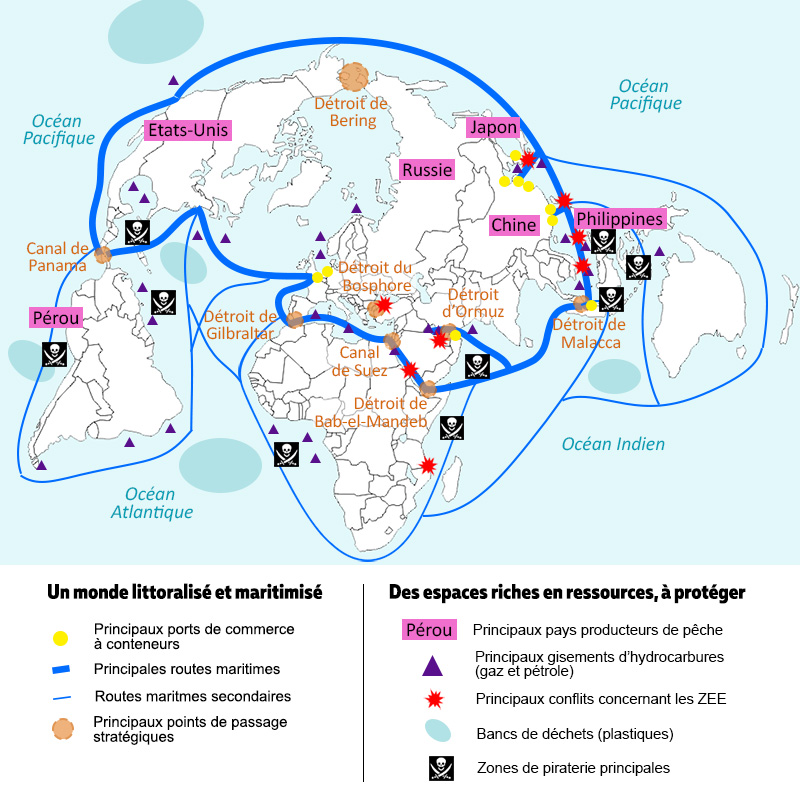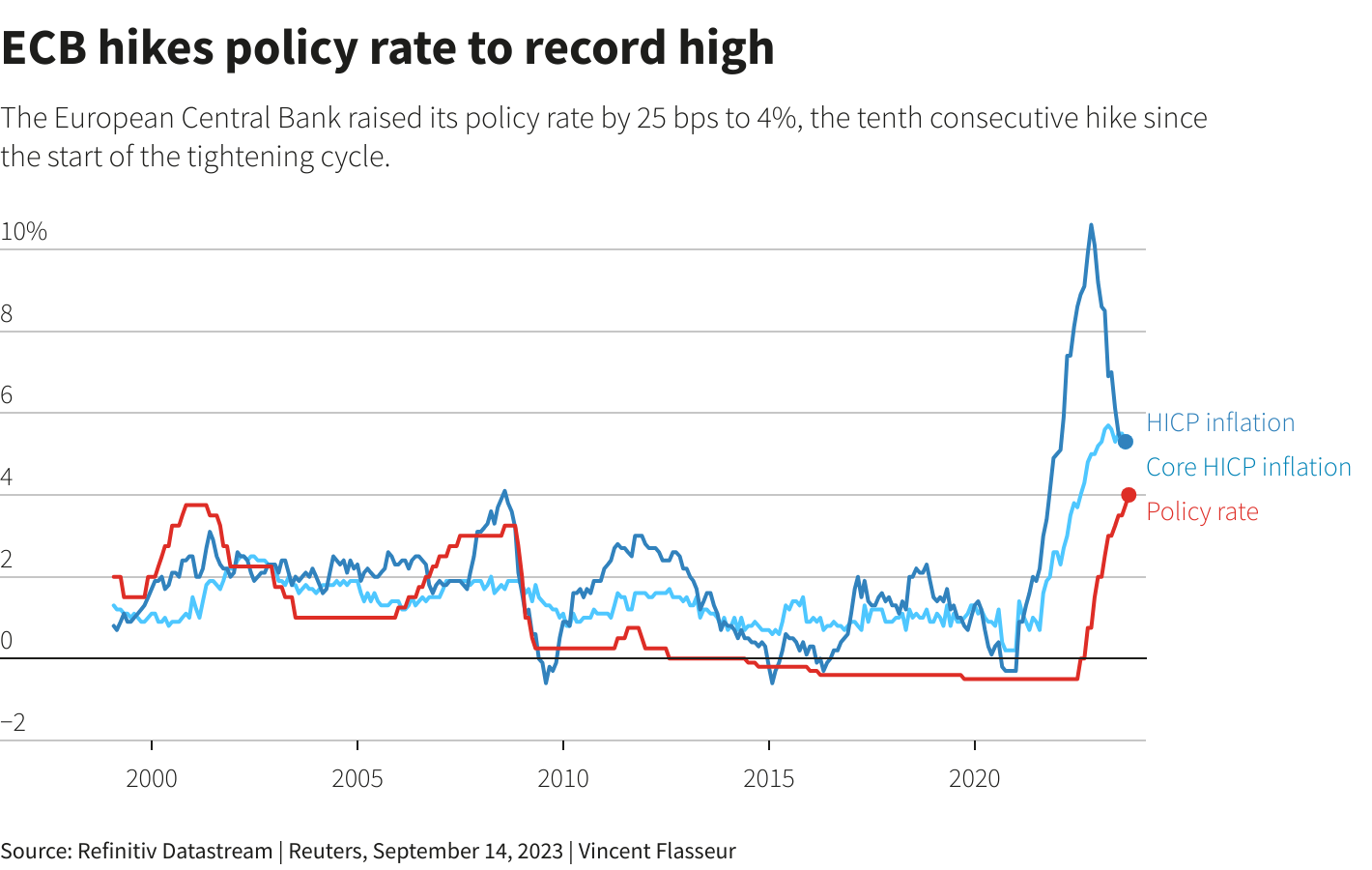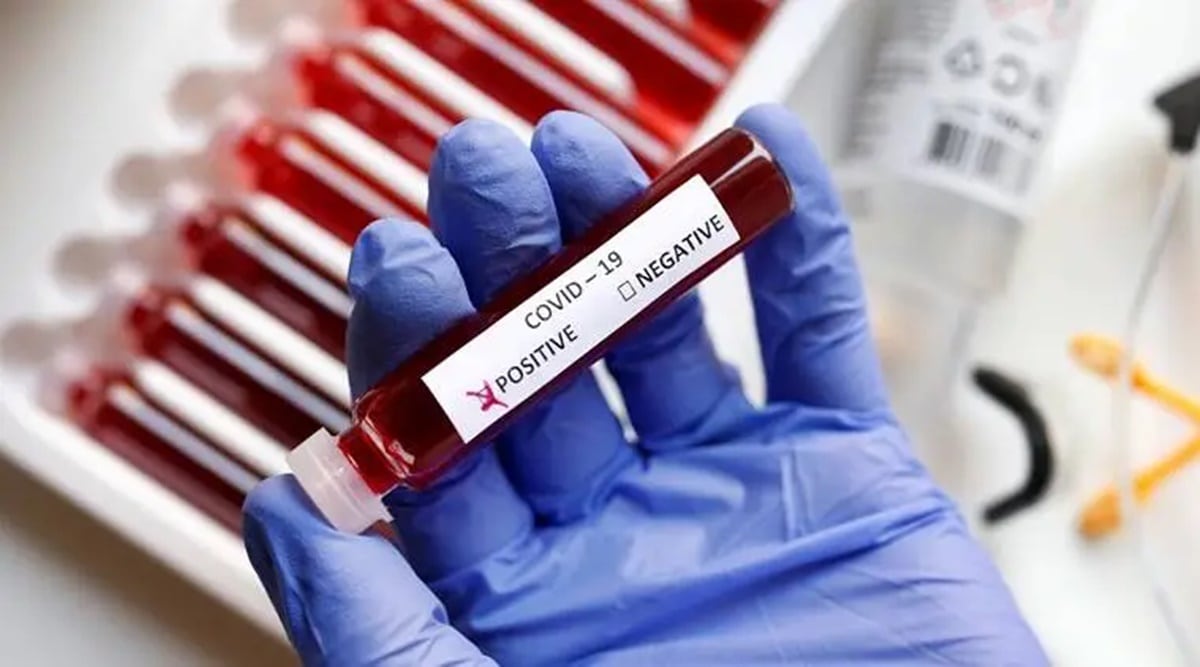Rising COVID-19 Cases: The Potential Influence Of A New Variant

Table of Contents
Understanding the Emergence of New COVID-19 Variants
SARS-CoV-2, the virus responsible for COVID-19, constantly undergoes mutations as it replicates. These mutations can lead to the emergence of new variants, each with potentially altered characteristics. Several factors contribute to variant emergence. High viral replication rates within infected individuals provide more opportunities for mutations to occur. Furthermore, the virus's ability to evade the immune system through mutations is a significant driver. Key mutations can affect several critical aspects of the virus:
- Increased transmissibility: Mutations can enhance the virus's ability to spread from person to person, leading to faster community transmission.
- Changes in severity of illness: Some variants might cause more severe disease, while others might be associated with milder symptoms.
- Potential for immune escape: Variants can develop mutations that allow them to evade the antibodies generated by vaccination or prior infection, resulting in breakthrough infections.
- Impact on existing treatments and vaccines: The effectiveness of existing antiviral treatments and vaccines can be reduced against certain variants.
Increased Transmissibility and its Impact on Case Numbers
Increased transmissibility is a direct pathway to higher case numbers. A highly transmissible variant will spread rapidly within a population, leading to a faster escalation of cases. This is often measured using the basic reproduction number (R0), which represents the average number of people infected by a single infectious individual. A higher R0 indicates greater transmissibility and, consequently, a more rapid increase in cases. Past variants, such as Delta and Omicron, demonstrated significantly higher R0 values compared to the original strain, leading to substantial increases in COVID-19 cases globally.
- Faster community spread: Highly transmissible variants quickly overwhelm healthcare systems.
- Increased strain on healthcare systems: A sudden surge in cases can overwhelm hospitals, leading to shortages of beds, staff, and resources.
- Higher infection rates: Even with existing immunity, higher transmissibility translates to higher infection rates.
- Potential for future waves of infection: The emergence of new, highly transmissible variants poses a constant threat of future waves of infection.
The Role of Vaccine Effectiveness and Immunity in Rising Cases
The effectiveness of vaccines in preventing infection and severe disease can be impacted by emerging variants. Some variants possess mutations that allow them to partially or completely evade the immunity provided by existing vaccines. This can lead to breakthrough infections, even in vaccinated individuals. This highlights the importance of booster shots and updated vaccines that target the prevalent variants to maintain a high level of protection. While natural immunity from prior infection offers some protection, it is not always complete or long-lasting, and its level of protection against new variants is uncertain.
- Reduced vaccine efficacy against infection: Vaccines might be less effective at preventing infection but may still offer protection against severe disease.
- Increased risk of breakthrough infections: Breakthrough infections can still occur, particularly with the emergence of new variants.
- Importance of vaccination and booster doses: Vaccination remains crucial in reducing the severity of illness and preventing hospitalizations. Booster doses help maintain high levels of immunity.
- Need for continuous vaccine development: Vaccine developers must continuously adapt vaccines to match emerging variants to ensure ongoing efficacy.
Public Health Measures and Mitigation Strategies
Continued vigilance through public health measures remains vital in controlling the spread of COVID-19, regardless of the emergence of new variants. Implementing and enforcing these measures, alongside robust testing and contact tracing, are essential elements of an effective response.
- Importance of vaccination: Vaccination remains the cornerstone of a robust COVID-19 mitigation strategy.
- Implementing public health measures: Measures such as masking, social distancing, and good hand hygiene are important supplementary strategies.
- Enhanced testing and contact tracing: Rapid and widespread testing coupled with effective contact tracing helps identify and isolate cases to curb transmission.
- Genomic surveillance and early detection: Continuous genomic surveillance is crucial for early detection of new variants and the rapid assessment of their characteristics. This allows for timely implementation of appropriate mitigation strategies.
Staying Informed about Rising COVID-19 Cases and New Variants
New COVID-19 variants can significantly impact case numbers through increased transmissibility and potential immune evasion. Vaccination, coupled with public health measures and ongoing genomic surveillance, are essential for controlling the spread of the virus. Maintaining vigilance and monitoring the emergence of new variants is crucial. Stay informed about the latest developments regarding rising COVID-19 cases and new variants by consulting reliable sources such as the World Health Organization (WHO) and the Centers for Disease Control and Prevention (CDC) for up-to-date information and guidance. Understanding the potential influence of new variants is crucial in mitigating future outbreaks and protecting your community.

Featured Posts
-
 Port Saint Louis Du Rhone Le Rythme Des Mers Et Des Oceans Au Festival De La Camargue
May 31, 2025
Port Saint Louis Du Rhone Le Rythme Des Mers Et Des Oceans Au Festival De La Camargue
May 31, 2025 -
 Lower Than Expected Spanish Inflation Strengthens Case For Ecb Rate Reduction
May 31, 2025
Lower Than Expected Spanish Inflation Strengthens Case For Ecb Rate Reduction
May 31, 2025 -
 Dragons Den Success Story 40 Profit Increase
May 31, 2025
Dragons Den Success Story 40 Profit Increase
May 31, 2025 -
 When And Where Estevans 2024 Road Sweeping Schedule
May 31, 2025
When And Where Estevans 2024 Road Sweeping Schedule
May 31, 2025 -
 New Covid 19 Variants Ba 1 And Lf 7 In India Insacog Data And Risk Assessment
May 31, 2025
New Covid 19 Variants Ba 1 And Lf 7 In India Insacog Data And Risk Assessment
May 31, 2025
